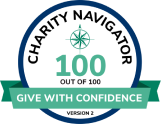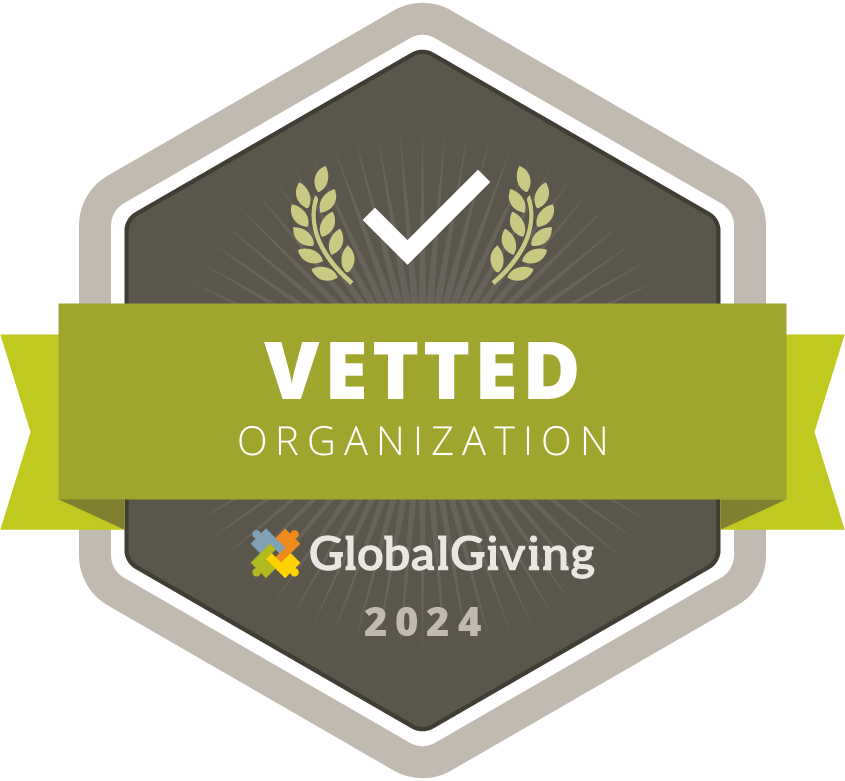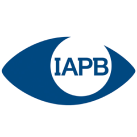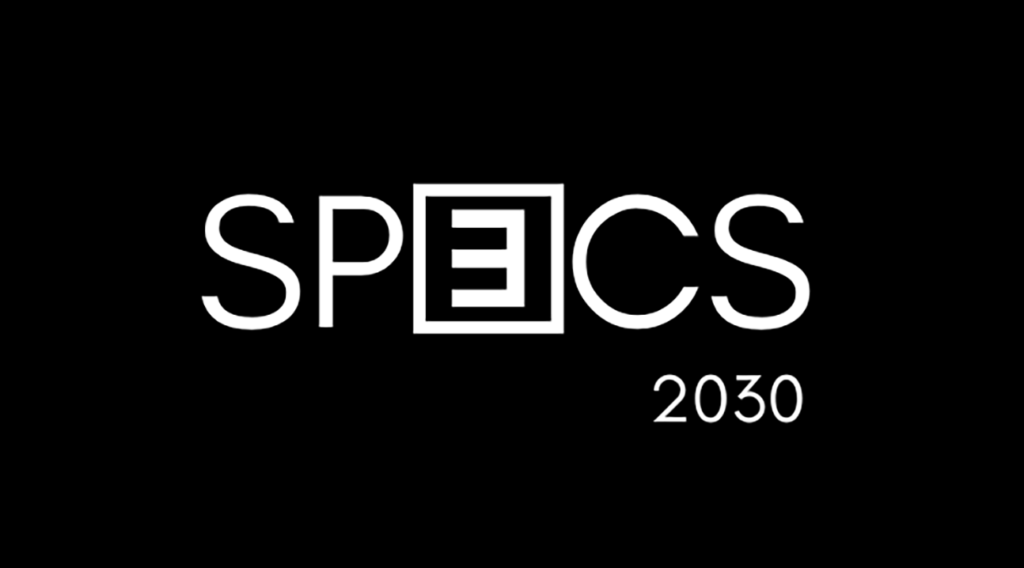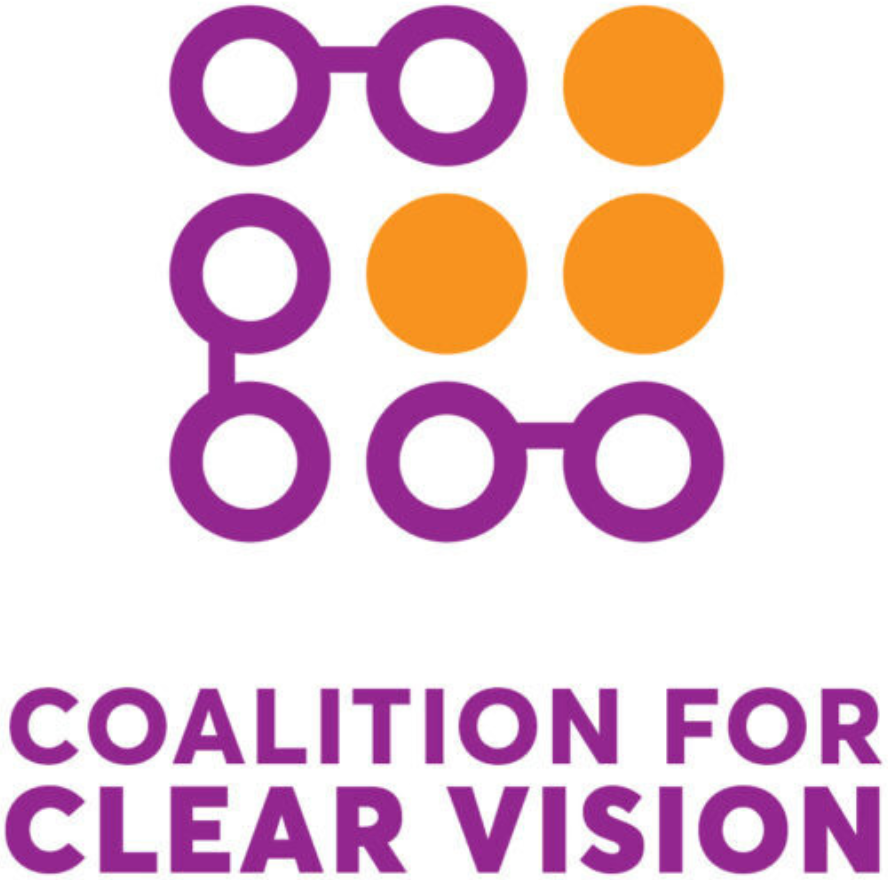By Pelin Munis, Ph.D., Chief Executive Officer, RestoringVision
Restoring someone’s sight is the single most cost-effective health intervention to reduce poverty, according to the World Health Organization. The UN Resolution Vision for Everyone states, “Recognizing that improved vision and optimized functional ability for people with blindness or vision impairment leads to improvement in employment prospects, enhanced workplace productivity, increased household income and spending and enhanced economic productivity, and that these economic benefits, particularly when delivered in low-resource areas, can be instrumental in achieving Sustainable Development Goal 8: Promote sustained, inclusive and sustainable economic growth, full and productive employment and decent work for all.”
We are proud that RestoringVision’s work in providing people with vision screenings and eyeglasses they need to see clearly advances this goal.
A study conducted by PricewaterhouseCoopers, Investing in Vision, showed that $4 of economic gain can be made for every $1 spent on eye health care in low- and middle-income countries. And, another recent study published by Lancet Global Health revealed that when an adult receives corrective eyeglasses, their productivity increases by up to 32% and their income by up to 20%. For an individual earning $2 per day, this equates to an increase in earning potential of $140 annually at the household level.
In 2021, through RestoringVision’s programs, 1,930,363 adults received corrective glasses, which correlates to an additional $270,250,820 in earning potential at the household level. This year, together with our partners, we are scaling our work and increasing our impact to reach 3.5 million people. As we accelerate our work, the economic impact worldwide is projected to increase exponentially.
But much more needs to be done. Over 90% of people with uncorrected vision impairments live in low and middle-income countries. The lack of access to vision services, the lack of eyeglasses distribution channels, and the inability to afford a pair of glasses are significant barriers that eyeglasses, a 700-year-old invention, could resolve immediately.
RestoringVision’s work lies at the intersection of global health, education, and economic development. Investing in universal eye health is a realistic, cost-effective way to unlock human potential, advance Sustainable Development Goals, and improve the world economy.
We see the impacts that a pair of eyeglasses and restored sight can have on individuals and the ripple effects that it can have on the whole family. Consider Oscar, a bean farmer from Guatemala who shared a single pair of reading glasses with his wife in their combined effort to see clearly before they finally each received new eyeglasses through our program. Or think of Rosa, a seamstress from Mexico whose vision became so blurry with age that she felt forced to keep her granddaughter at home from school to be her eyes, enabling her to meet her quotas once again. Or Maxima, a seamstress from Guatemala City who said this after receiving a pair of eyeglasses through RestoringVision’s programs:
“Having these reading glasses has helped me a lot with my work. Because now, everything is better. I can sew faster, my sewing lines are much better, and I feel very excited and happy!” Maxima said.
If you wear glasses, imagine trying to advance your own career without them. Imagine the daily challenges of being unable to see clearly and how your productivity might decline rapidly without a pair of eyeglasses, a 13th-century invention. Our work plays an important part in helping solve the economic obstacles our world faces, especially for people living on less than $2 a day.
Together with our dedicated partners, donors, and supporters, we can solve this global vision crisis and work towards a brighter and more prosperous future.

